- Make It Yourself Lavender Heart-Shaped Bath Bombs!
- 20 Things You Never Knew About “Down There”
- 12 Best Foods For Those Suffering From Arthritis Pain
- 12 Personal Hygiene Mistakes Almost Everyone Makes (Mom Never Told You About #4!)
- 15 Medicinal Plants And Herbs From The Cherokee People
- 12 Mind-Blowing Benefits Of Drinking Coconut Water During Pregnancy
- 12 Outstanding Winter Foods That Won’t Fatten You Up Like A Christmas Turkey
12 Natural Remedies To Stop Denture Pain Fast (You Won’t Believe #4!)

Photo credit: bigstock.com
Dentures are an important solution to severe tooth loss. Also known as false teeth, dentures come in two general styles; partial (involving just a few teeth) or complete (involving many teeth, sometimes all the top teeth or all the bottom teeth, or both).
Unfortunately, as helpful as dentures can be, they also cause people a great deal of pain and discomfort, especially during the first few months of use. At least 50 percent of all those who use dentures, regardless if they are complete or partials, experience some type of pain or problems.
Most people find that during the first few weeks of use, most people experience swelling of the gums, red sores on the gums, yeast inside the mouth, pain, and gums that begin to grow over the dentures.
Many of these problems are due to poor oral hygiene, eating very hard to sticky foods, ill-fitting dentures or poor quality dentures.
Although even the best made dentures won’t fit like a glove, they shouldn’t cause you pain after a few weeks. But in the meantime, there are plenty of things you can do to resolve the discomfort of dentures and prevent common problems such as mouth or gum sores.
Got new dentures? We have 12 completely natural solutions that can give you greater comfort and prevent many problems.
Continue to Next Page
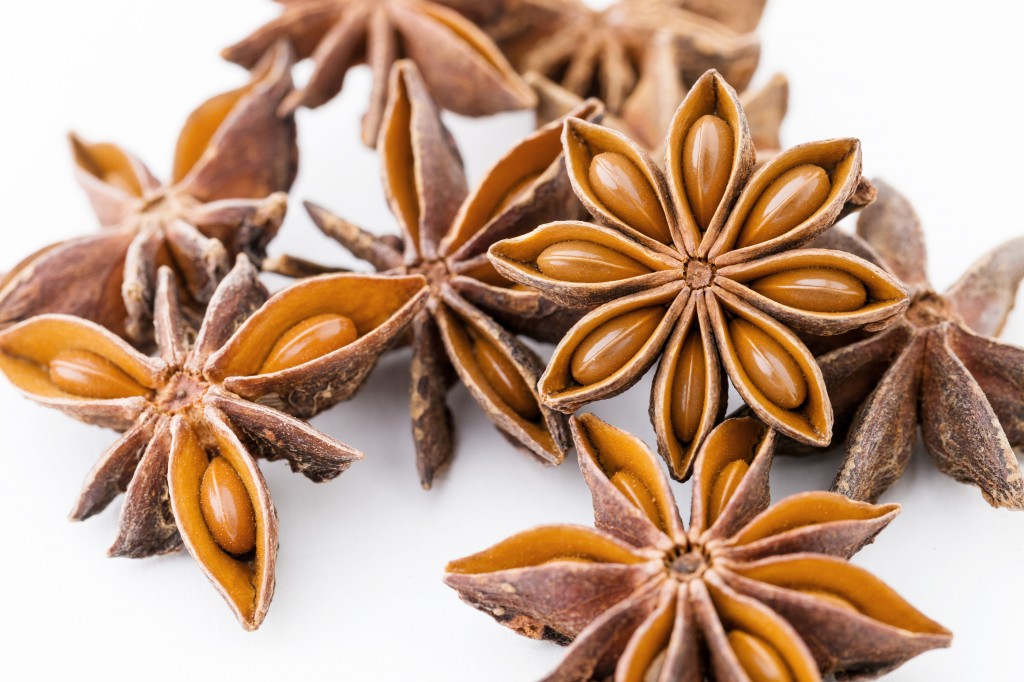
Photo credit: bigstock.com
1. Aniseed
This is the perfect herbal mouth rinse for sensitive mouths. If your dentures have left your mouth feeling sensitive and sore, this should work for you.
Put two teaspoons of crushed aniseed and one tablespoon of dried peppermint leaves in two cups of boiling water. Turn off the fire under the water, cover, and allow to steep overnight. Strain and then add one teaspoon of myrrh tincture. Myrrh is both a natural preservative and antiseptic. Use about two tablespoons several times a day, the same way you would use mouthwash. This will kill germs and ease sore, sensitive gums. Store this mixture in the fridge and shake well before each use.
Continue to Next Page
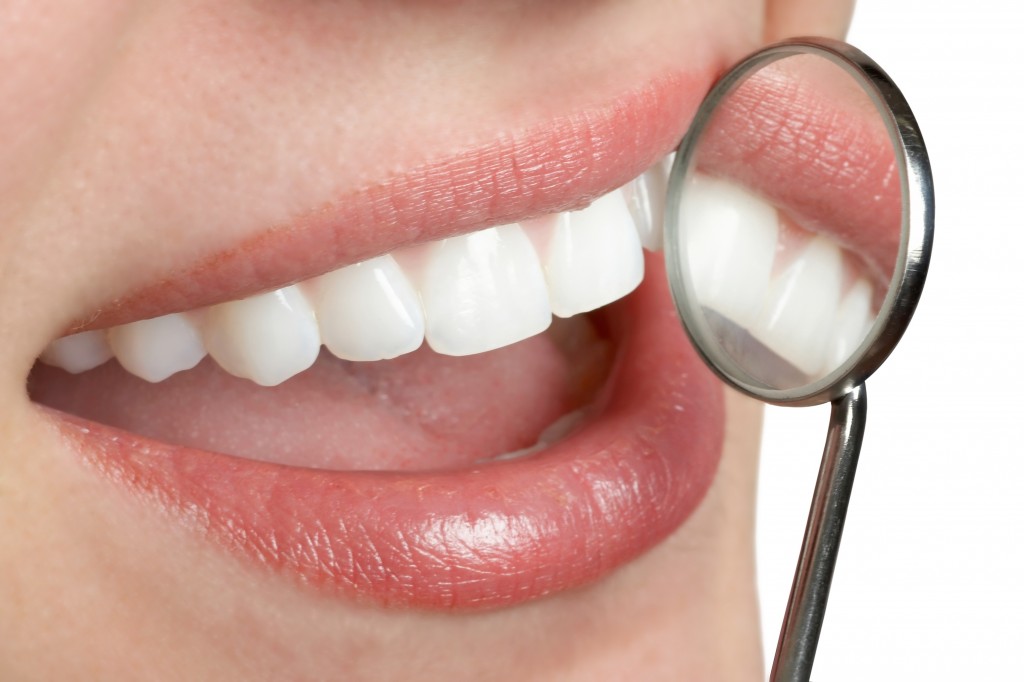
Photo credit: bigstock.com
2. Keep Strict Hygiene Habits
To prevent bacteria from living on your dentures, you will need to clean them regularly. It’s true that they won’t get cavities, but they can get stains and bacteria that can cause sores. You will also need to practice good oral hygiene to prevent bad breath and yeast.
Always use a soft toothbrush to clean your dentures, the roof of your mouth, and your gums. You might want to start tongue scraping as well using a spoon or a special device you can buy to scrap the tongue. Remove your dentures each night and soak them in a denture cleaner, or in a diluted vinegar solution. If possible, remove your dentures after eating and rinse them well.
Continue to Next Page
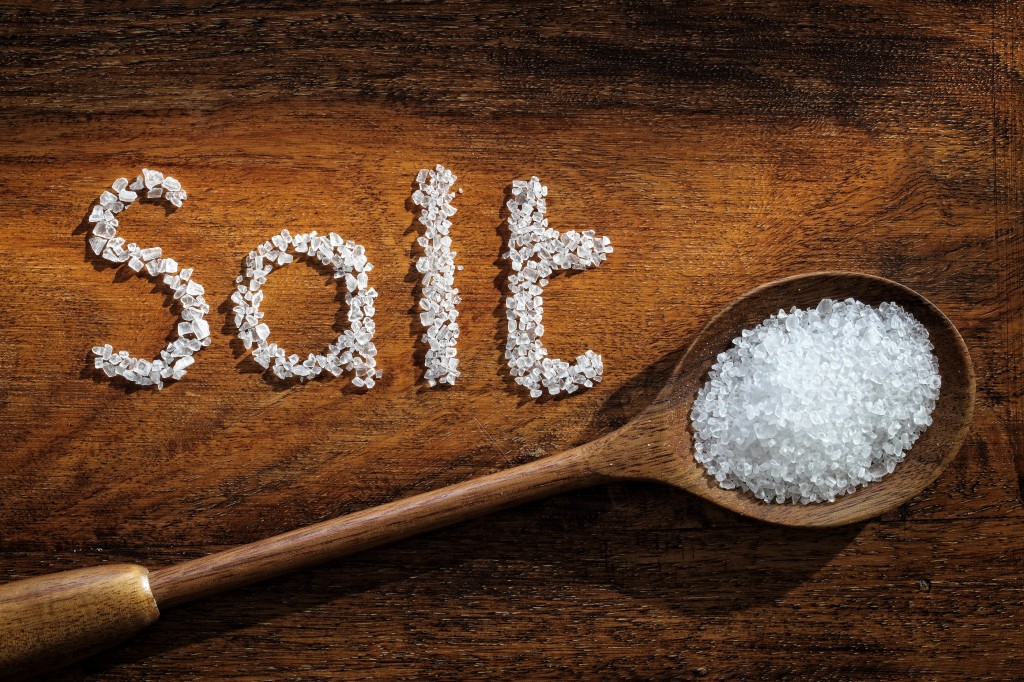
Photo credit: bigstock.com
3. Salt
While you are getting used to your new dentures, salt might just become your new best friend. Salt inhibits the growth of bacteria, reduces mouth sores, and prevents dry mouth. It can also help to reduce the risk of swelling or pain.
Every morning, rub your gums with a bit of salt for a few moments. Rinse your mouth with warm water, and then put your dentures in. You can also add one teaspoon of salt to a glass of warm water and rinse with this solution twice each day. This can help tremendously with swollen gums or painful gums.
Continue to Next Page
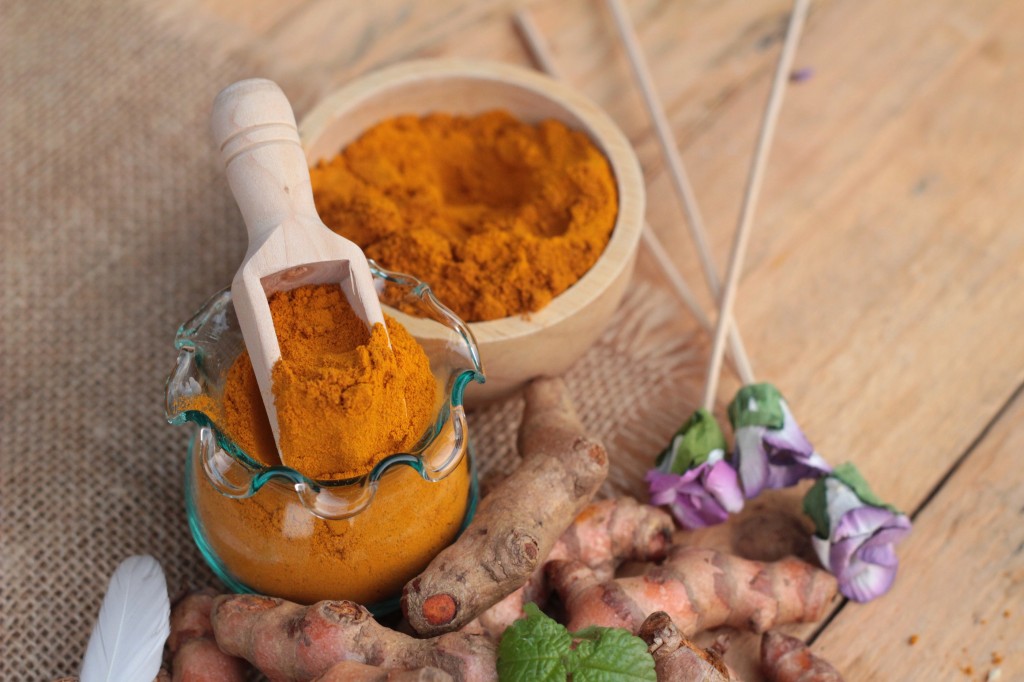
Photo credit: bigstock.com
4. Turmeric
Is there anything turmeric cannot do?! If you want to reduce pain, turmeric can help. The active ingredient in turmeric, curcumin, has powerful anti-inflammatory and antioxidant compounds that will reduce the swelling, pain, and inflammation of the gums. It also helps to stop the buildup of bacteria in the mouth.
To get pain relief using turmeric, make a paste using a quarter teaspoon of turmeric powder and a few drops of water. Rub this paste on your gums and allow it to sit there for three to five minutes. Gently massage this paste into the gums, and then rinse your mouth with lukewarm water. Do this twice each day for maximum pain relief.
Continue to Next Page

Photo credit: bigstock.com
5. Soft Foods
Eat like a baby during the first two or three weeks of new dentures.
You don’t have to go as far as eating your foods pureed, but you should look for soft, easy-to-chew foods such as pasta, soups, eggs, yogurt and stews.
WATCH ALSO: Natural Whitening Toothpaste Recipe Video
Eating hard foods such as apples, carrots, or popcorn will damage your tender gums.
Continue to Next Page
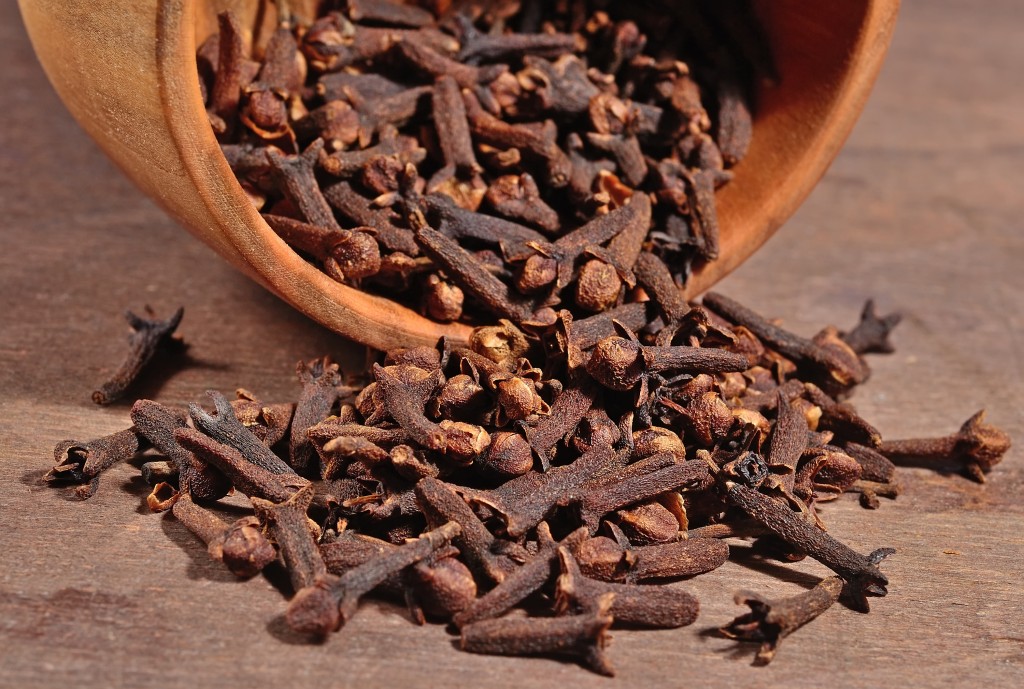
Photo credit: bigstock.com
6. Cloves
Used for centuries by “dentists” to stop mouth pain, cloves are a great way to also stop the pain of new dentures.
The active ingredient in cloves, eugenol, has powerful analgesic, as well as anti-inflammatory compounds. This means cloves not only kill the bacteria in the mouth, but it is also a natural pain reliever. Grind three or four whole cloves until you get half a teaspoon of clove powder. Mix two or three drops of olive oil into the clove powder and rub it gently over your gums. Wait five minutes for the active ingredients to take effect, and then rinse your mouth with warm water. Repeat twice each day.
Continue to Next Page
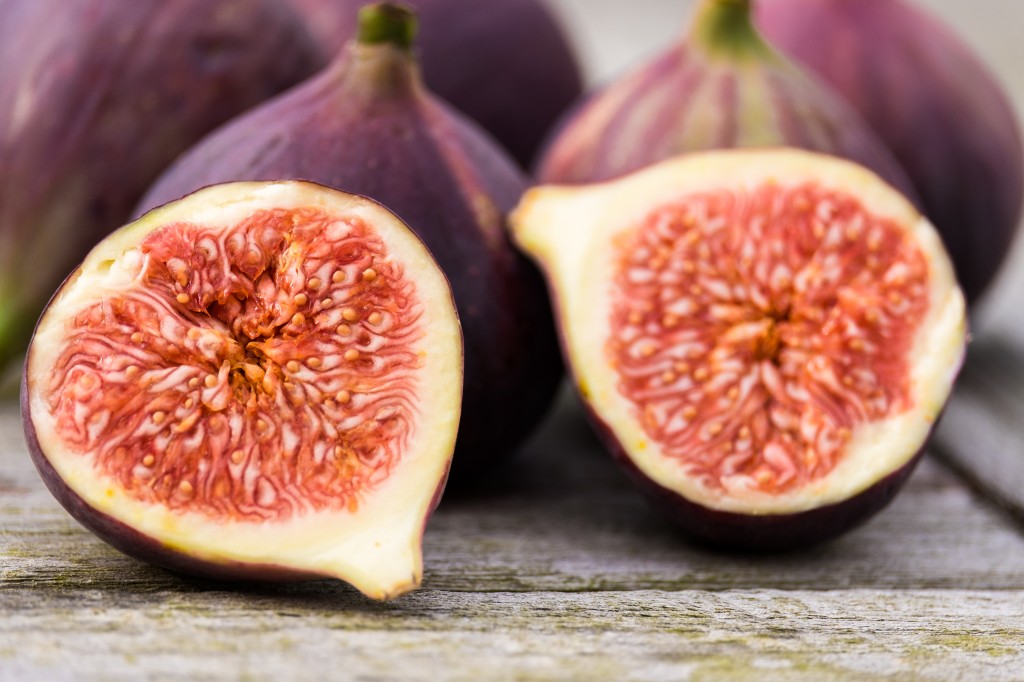
Photo credit: bigstock.com
7. Figs
Arabs, Mexicans, and Hispanics from the Southwest all use figs for healing mouth sores. This popular holistic remedy will also reduce the swelling and pain that new dentures often cause.
Cut a fresh fig in half. Put the inner portion of the fig next to the sore spot on your gums or cheek. You need to keep the inner part of the fig touching the sore for 5 or 10 minutes. You can hold it in place with your finger to be sure it doesn’t move. Remove the fig, and then rinse your mouth with warm water. Repeat twice each day using a new piece of fig each time.
Continue to Next Page
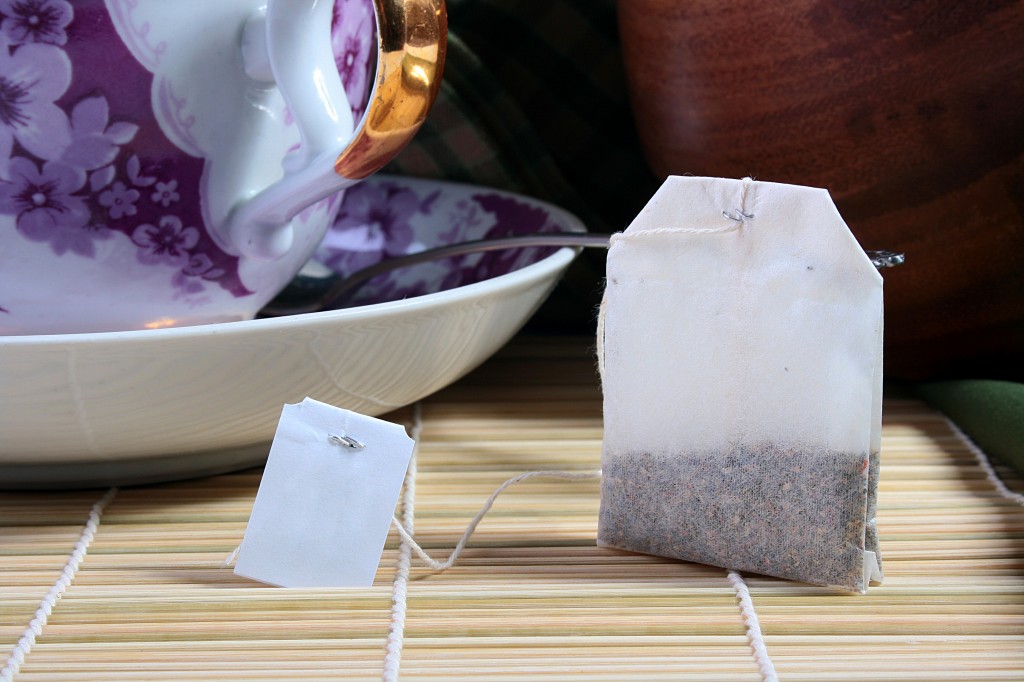
Photo credit: bigstock.com
8. Black Tea Bags
Black tea is loaded with tannic acids, which act as natural astringents, reducing pain and swelling.
Tannic acid also kills off the bad bacteria that can lead to sores and bad breath Make a cup of black tea, then remove the tea bag and set it aside to cool.
Once it is merely warm, hold the tea bag against the sore areas for 10 minutes. Rinse with water afterwards. Repeat once or twice a day for best results.
Continue to Next Page
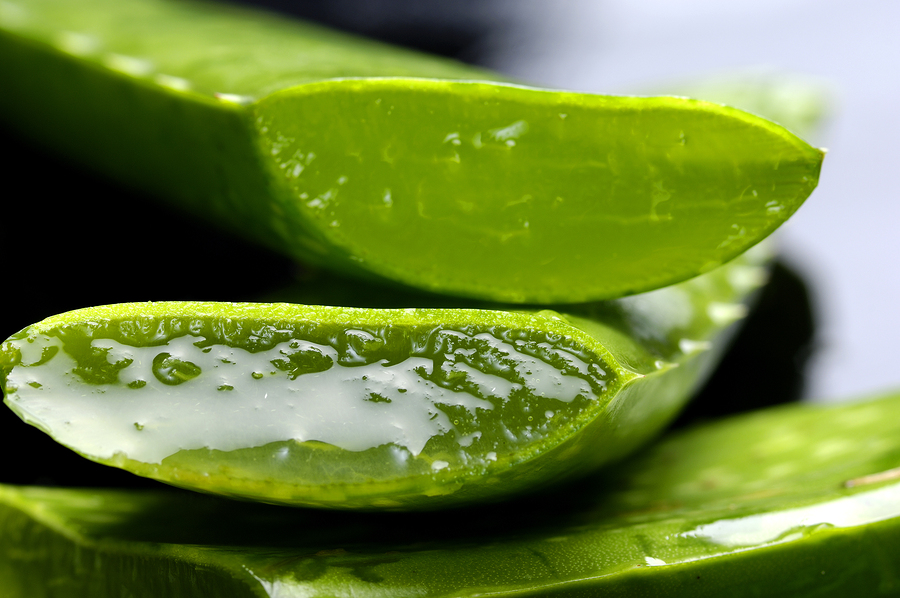
Photo credit: bigstock.com
9. Aloe Vera
Aloe vera gel has both antibacterial and anti-inflammatory compounds, which makes it great for soothing sore, irritated gums while encouraging healing.
If you have an aloe vera plant, you can cut off a leaf, and then split the leaf in two so you can extract the clear gel. Dip a cotton ball in the gel and apply it to the painful areas. Allow it to work for five to 10 minutes, then rinse. Avoid eating anything for an hour afterwards. Repeat twice a day for best results.
Continue to Next Page

Photo credit: bigstock.com
10. Oil Pulling
You might think that you need teeth to do oil pulling, but that is not true. Oil pulling will remove harmful bacteria from the mouth, prevent dry mouth, and reduce gum swelling.
Take your dentures out and put one tablespoon of coconut oil or sesame seed oil in your mouth. Swish it around for 10 or 15 minutes, and then spit out the oil into a trash can. Repeat this each morning before you eat and before you put in your dentures.
Continue to Next Page
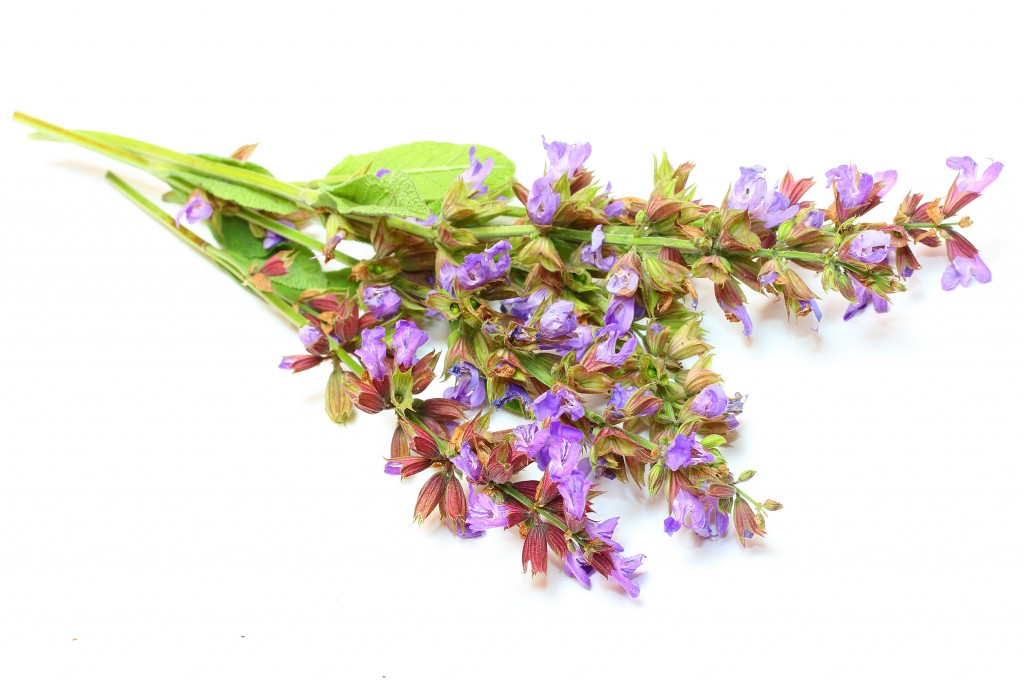
Photo credit: bigstock.com
11. Sage
This common kitchen spice is terrific for easing gum swelling and pain due to its anti-inflammatory compounds. Sage also is a natural antimicrobial, so it can kill the bacteria that cause bad breath.
Make a cup of sage tea and cool. Use this tea as a mouthwash two or three times each day until you get relief from the pain and swelling caused by your dentures.
You can also chew on fresh sage leaves several times each day if you love the taste of sage.
Continue to Next Page
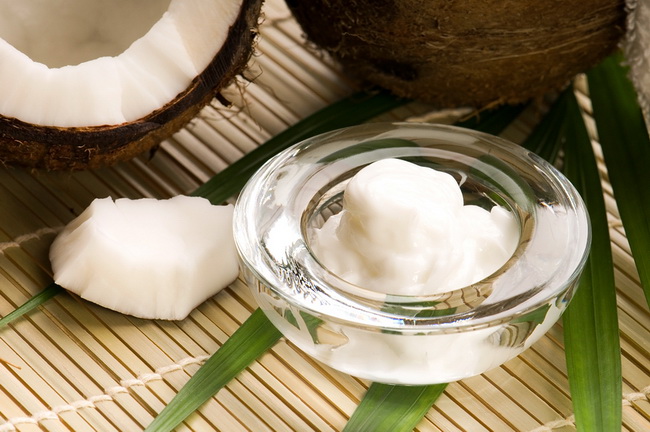
Photo credit: bigstock.com
12. Massage
Massaging your gums can help a great deal when it comes to getting pain relief and reducing swelling.
RELATED: Got Wisdom Tooth Pain? We Have 15 Solutions! (#10 is Insane!)
Massage will encourage blood circulation, which can help the gums to heal more quickly. Dip your fingertip in some olive oil or coconut oil and gently massage your gums for three to five minutes. Allow the oil to work for another 5 minutes, and then rinse your mouth with cool water. Repeat twice each day for best results.
Continue to Next Page
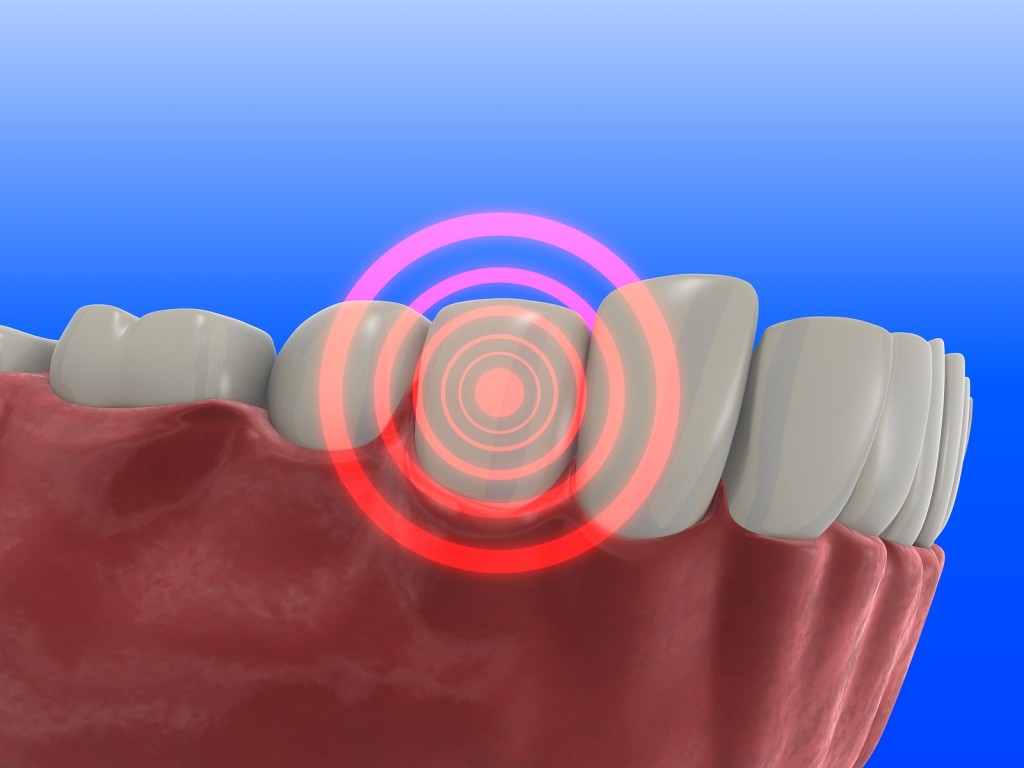
Photo credit: bigstock.com
Extra Tips:
- If you have trouble speaking after you have had your dentures for a few weeks, see your dentist
- Chew your food slowly to reduce gum pain and discomfort
- Avoid raw, crunchy, or sticky foods for the first few weeks to avoid discomfort
- Avoid using toothpicks
- Never use extremely hot or boiling water to clean your dentures as they can distort the shape
- Have your dentures checked by your dentist once each year
- If you develop sores, leave your dentures out for 24 to 48 hours to promote healing
References:

































jessica norris
Dec 25, 2015 at 10:11 pm
Halitosis has a significant impact – personally and socially – on those who experience it or think they do (halitophobia), and is estimated to function as 3rd most popular reason behind searching for dental help, following enamel decay and periodontal infection.
I utilized the advice from “fix bad breath Derek Coll” to help with bad breath. you will find it on google effortlessly
An excellent read. I will certainly be back.